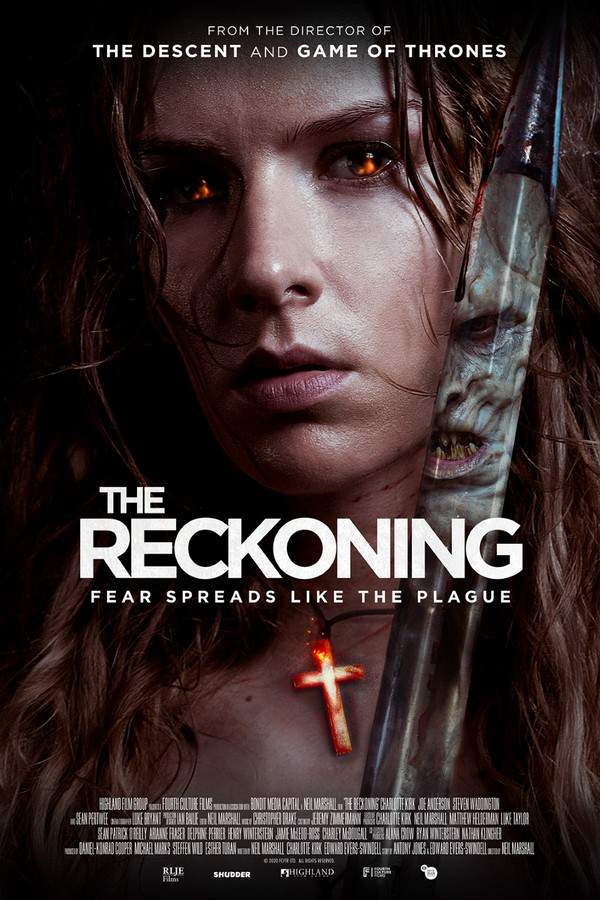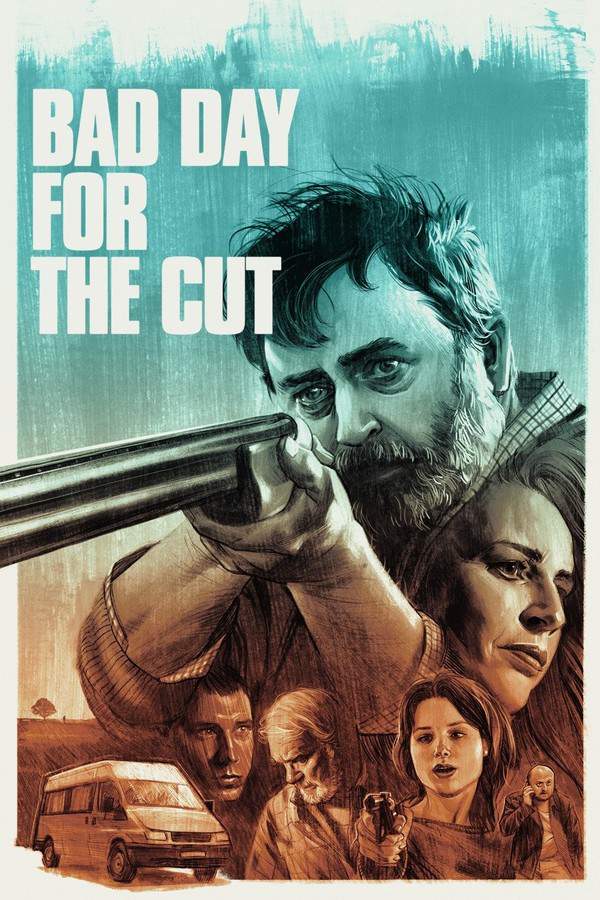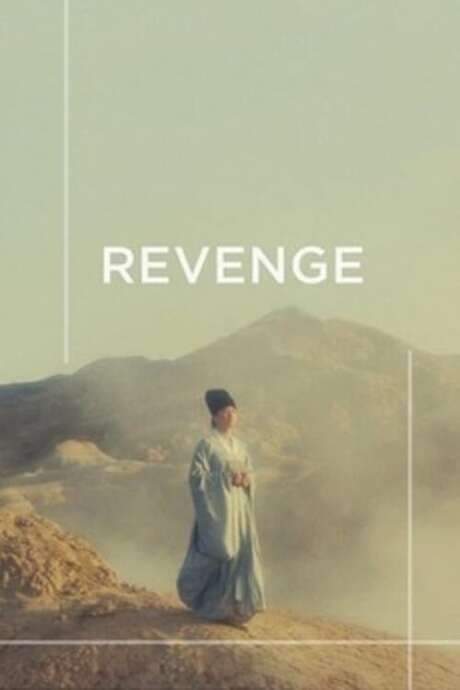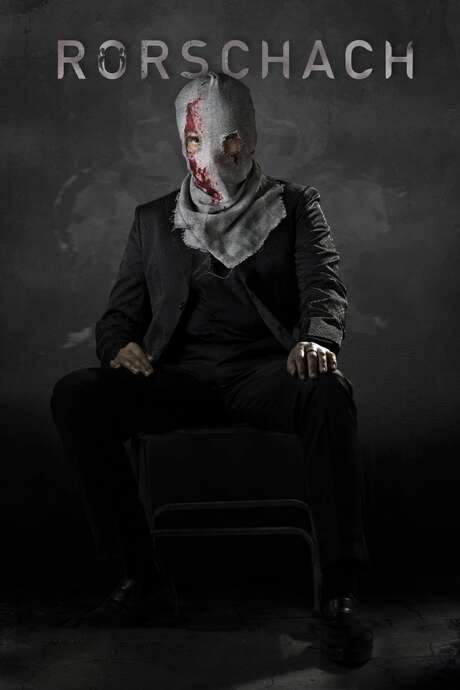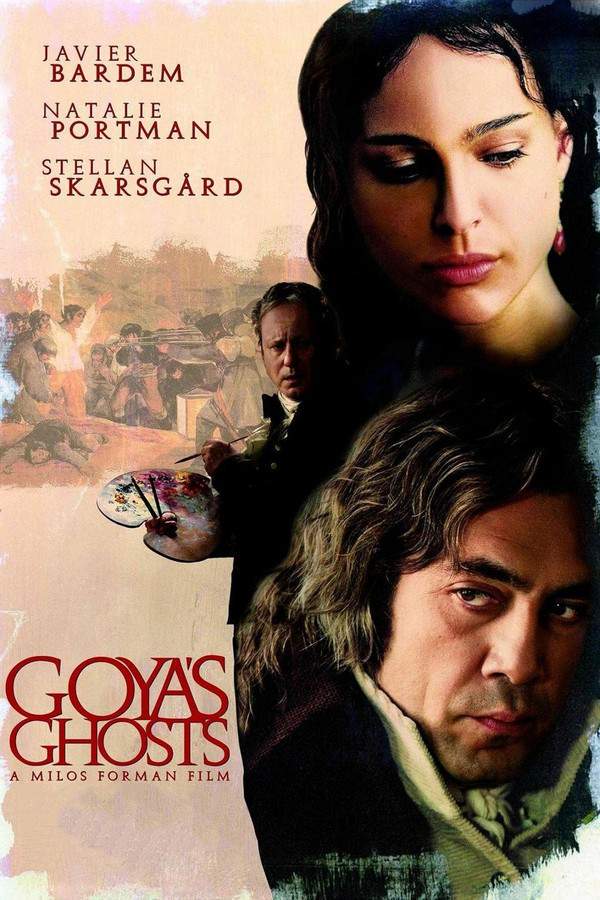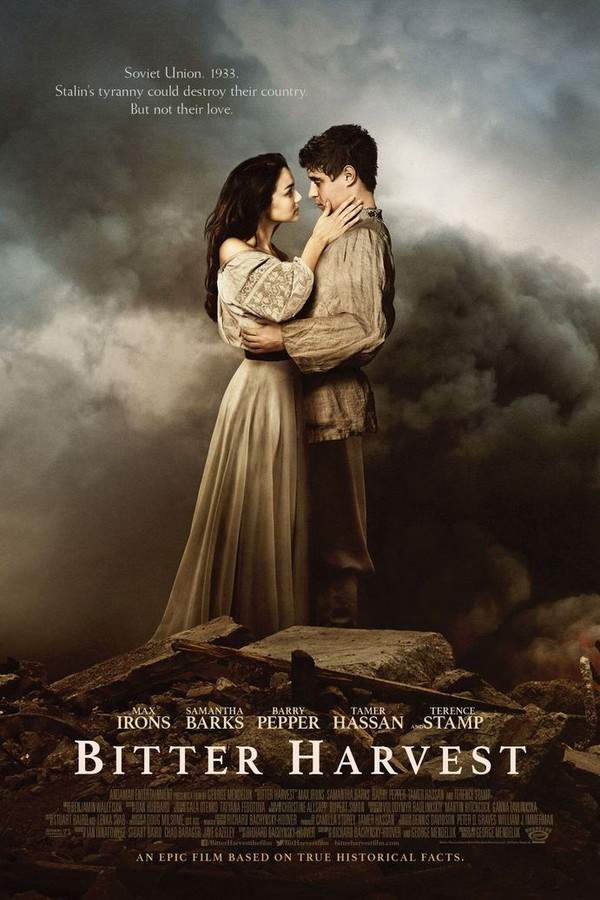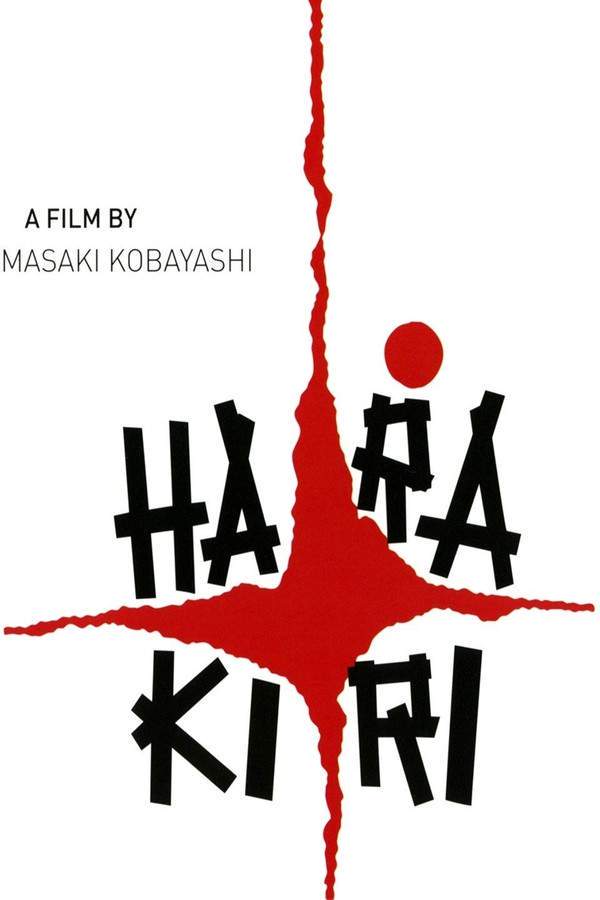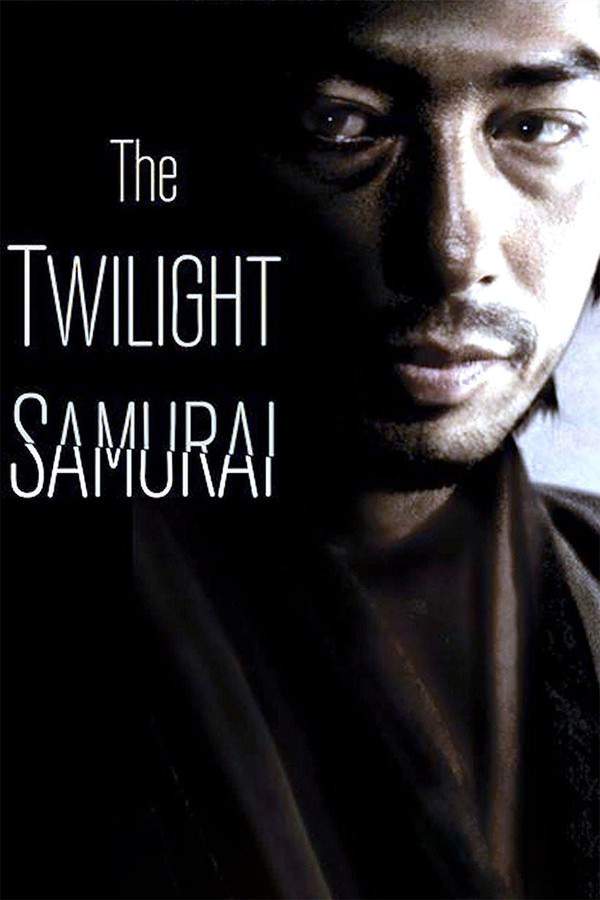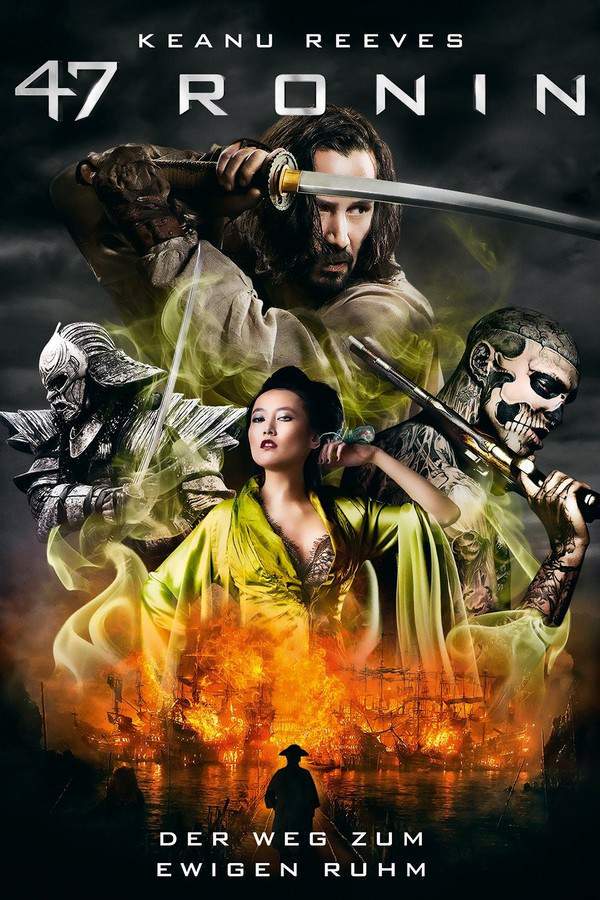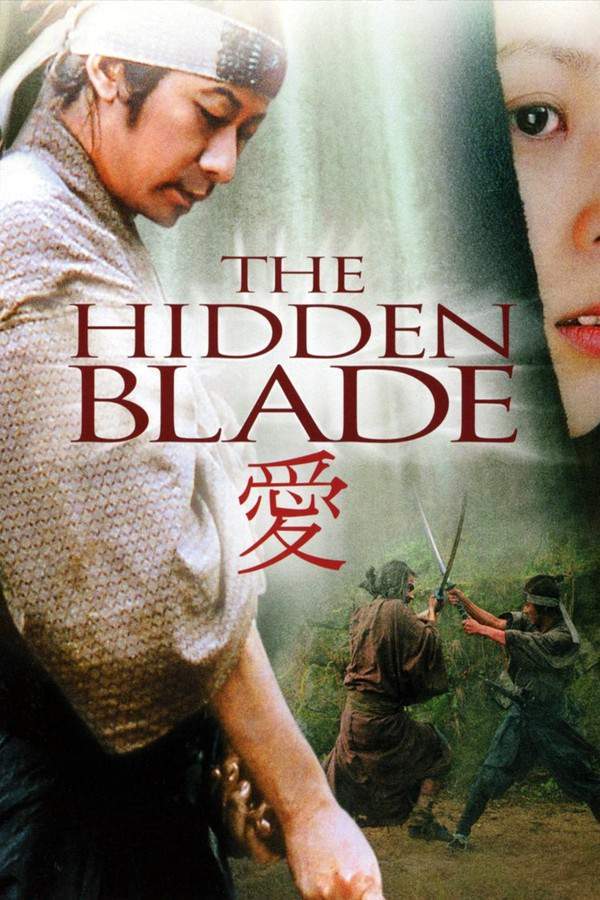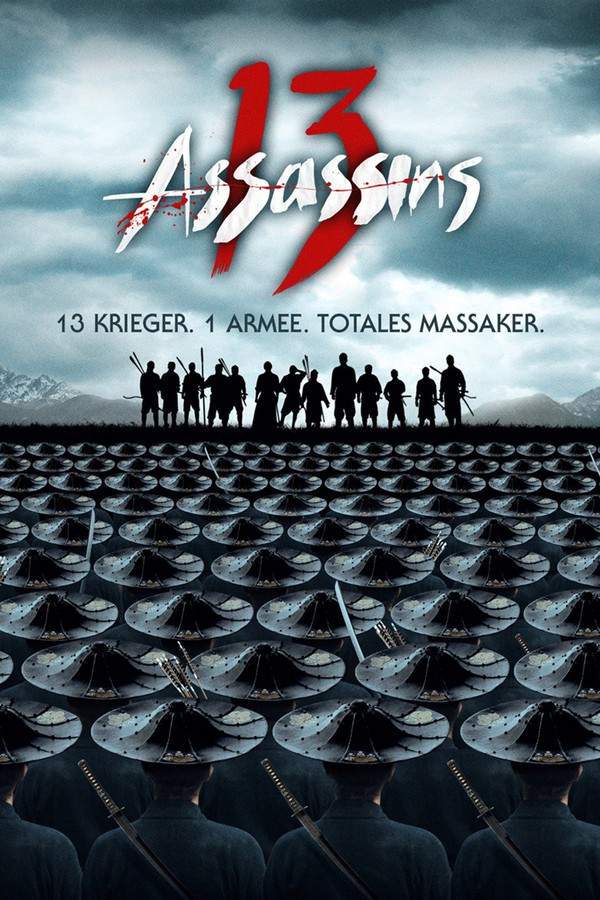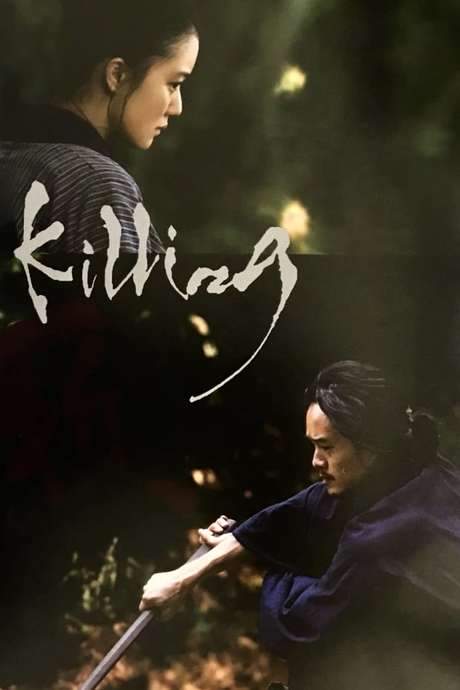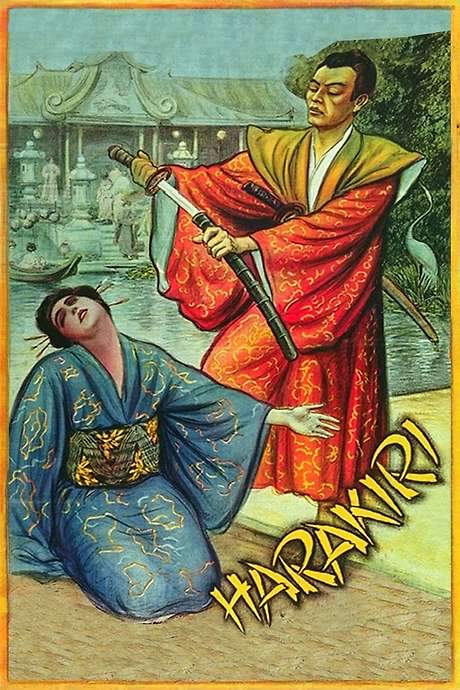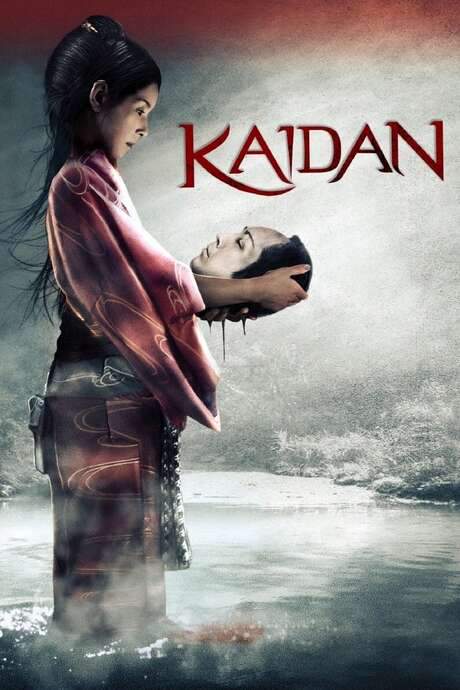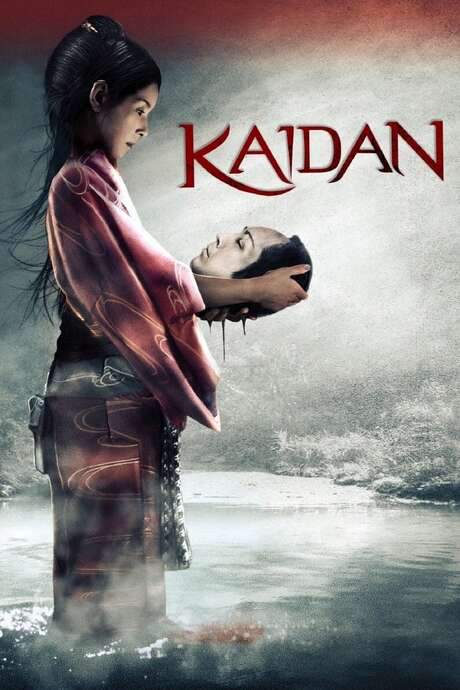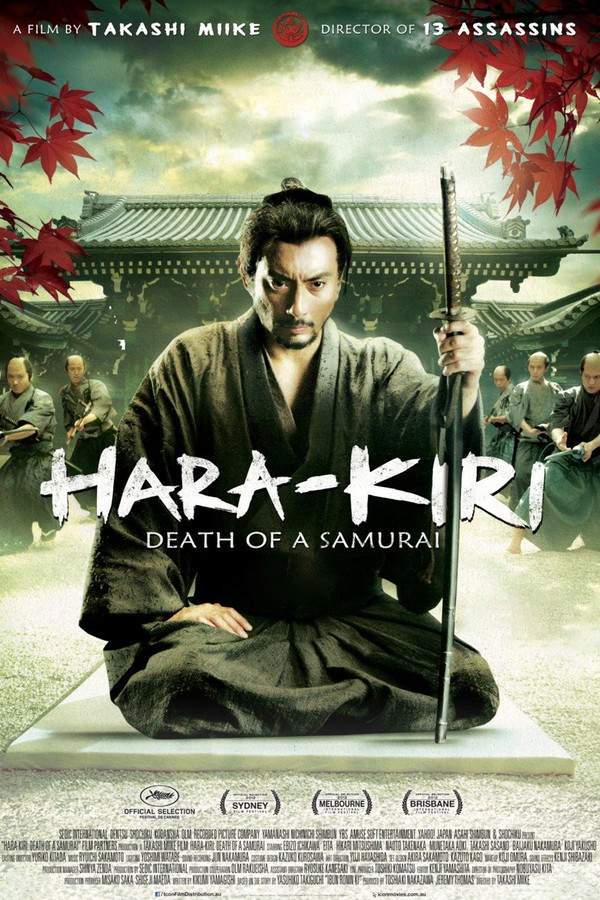
Hara-Kiri: Death of a Samurai
Year: 2012
Runtime: 126 min
Language: Japanese
Director: Takashi Miike
A desperate samurai requests permission to perform seppuku, a ritual suicide, within the grounds of a wealthy lord’s estate. The request prompts the lord to investigate the circumstances surrounding a similar request made months earlier by another samurai, uncovering a tragic story of hardship, debt, and a desperate attempt to find redemption and provide for loved ones. The lord must then grapple with questions of honor, duty, and the harsh realities faced by those living under the feudal system.
Warning: spoilers below!
Haven’t seen Hara-Kiri: Death of a Samurai yet? This summary contains major spoilers. Bookmark the page, watch the movie, and come back for the full breakdown. If you're ready, scroll on and relive the story!
Hara-Kiri: Death of a Samurai (2012) – Full Plot Summary & Ending Explained
Read the complete plot breakdown of Hara-Kiri: Death of a Samurai (2012), including all key story events, major twists, and the ending explained in detail. Discover what really happened—and what it all means.
In the year 1635, Hanshiro Tsugumo finds himself in a dire situation as his clan has fallen from grace. Seeking to regain his honor, he requests to perform seppuku in the courtyard of Lord Ii’s castle. However, senior retainer Kageyu Saitō has a different story to share—one of Squire Motome Chijiiwa, a fellow samurai from the same clan who attempted a similar ritual the previous year, in 1634. Suspecting Motome was merely bluffing to gain money, Lord Ii’s retainers hastily arranged the ceremony, with Hikokurō Omodaka serving as Motome’s second.
Motome desperately pleaded for an additional day to secure 3 ryō to care for his ailing wife and child, but his plea fell on deaf ears. In a tragic turn of events, he attempted to take his life with a bamboo sword, only to find it breaking within him. The insistence from Omodaka to finish the act brought no solace, and it was soon Saitō himself who, in a moment of mercy, ended Motome’s suffering by severing his head.
Despite Saitō’s offer to dismiss his request for seppuku, Hanshiro remains resolute. He requests Omodaka to be his second, but fate has other plans as Omodaka, alongside Matsuzaki and Kawabe, are nowhere to be found. Hanshiro mournfully recounts the story of Motome’s father, Jinnai Chijiiwa, who was banished for unauthorized work on the castle and subsequently died, leaving Motome in the care of Hanshiro. Years later, when Motome married Hanshiro’s daughter Miho and faced financial strain due to their sick infant son, he sold his sword to cover medical expenses. Ultimately, during a moment of despair, Motome’s attempt at suicide bluff led to a tragic downfall, resulting in the death of his son and the heart-wrenching suicide of Miho, who used the very same broken bamboo sword after receiving her husband’s body back along with the 3 ryō.
Fueled by rage and disgust over the cruel fate that befell Motome due to the inaction of Omodaka, Matsuzaki, and Kawabe, Hanshiro sought vengeance by hunting them down and humiliating them by cutting off their chonmage topknots, a disgrace that forced them into hiding. In a powerful act of defiance, Hanshiro returns the 3 ryō to Saitō and challenges the other samurai to a duel with a bamboo sword, showcasing his prowess and determination. He boldly declares that a warrior’s honor is not merely an ornament, knocking over a decorative suit of armor as a statement. In a final act of collective shame, Omodaka, Matsuzaki, and Kawabe choose to commit seppuku. As the tension in the courtyard dissipates, the remaining retainers gather to restore the suit of armor to its former glory. When Lord Ii reenters the castle, he inquires whether the suit has been polished, representing the enduring pride and honor of the castle.
Last Updated: November 15, 2024 at 19:51
Explore Movie Threads
Discover curated groups of movies connected by mood, themes, and story style. Browse collections built around emotion, atmosphere, and narrative focus to easily find films that match what you feel like watching right now.
Slow-burn revenge dramas like Hara-Kiri: Death of a Samurai
Methodical tales of vengeance where patience and tragedy build to a climactic confrontation.Explore movies like Hara-Kiri: Death of a Samurai that focus on tragic, methodical revenge. If you appreciated the patient build-up and profound emotional weight behind the quest for vengeance in this film, you'll find similar stories here where justice is pursued with solemn determination and tragic origins.
Narrative Summary
These narratives typically employ a structured, often non-linear, approach to storytelling, gradually unveiling a past tragedy that justifies the protagonist's single-minded pursuit of retribution. The central conflict is as much an internal battle with grief and honor as it is an external one, culminating in a confrontation that is more about moral reckoning than simple victory.
Why These Movies?
Movies are grouped here for their shared focus on revenge as a solemn, character-driven process rather than a chaotic action spectacle. They prioritize emotional depth, a steady pace that builds tension, and a tone that balances personal tragedy with the cold resolve of vengeance.
Historical dramas about hardship and injustice like Hara-Kiri: Death of a Samurai
Stories exposing the brutal realities and moral conflicts of rigid historical societies.Find movies similar to Hara-Kiri: Death of a Samurai that delve into the harsh realities of feudal systems and codes of honor. These films share a dark tone, heavy emotional weight, and a focus on characters battling poverty, debt, and societal oppression in a historical context.
Narrative Summary
The narrative pattern often follows a protagonist or family facing insurmountable odds due to their place within a strict social hierarchy. The plot revolves around their attempts to survive, maintain honor, or seek a semblance of justice within a system designed to oppress them, resulting in a emotionally draining journey that questions the very foundations of that society.
Why These Movies?
These films are connected by their unflinching portrayal of historical socio-economic hardship, a dark and somber tone, and a thematic focus on the conflict between personal morality and oppressive societal rules. They create an immersive, often oppressive, atmosphere that makes the characters' struggles feel immediate and visceral.
Unlock the Full Story of Hara-Kiri: Death of a Samurai
Don't stop at just watching — explore Hara-Kiri: Death of a Samurai in full detail. From the complete plot summary and scene-by-scene timeline to character breakdowns, thematic analysis, and a deep dive into the ending — every page helps you truly understand what Hara-Kiri: Death of a Samurai is all about. Plus, discover what's next after the movie.
Hara-Kiri: Death of a Samurai Timeline
Track the full timeline of Hara-Kiri: Death of a Samurai with every major event arranged chronologically. Perfect for decoding non-linear storytelling, flashbacks, or parallel narratives with a clear scene-by-scene breakdown.

Characters, Settings & Themes in Hara-Kiri: Death of a Samurai
Discover the characters, locations, and core themes that shape Hara-Kiri: Death of a Samurai. Get insights into symbolic elements, setting significance, and deeper narrative meaning — ideal for thematic analysis and movie breakdowns.

Hara-Kiri: Death of a Samurai Spoiler-Free Summary
Get a quick, spoiler-free overview of Hara-Kiri: Death of a Samurai that covers the main plot points and key details without revealing any major twists or spoilers. Perfect for those who want to know what to expect before diving in.

More About Hara-Kiri: Death of a Samurai
Visit What's After the Movie to explore more about Hara-Kiri: Death of a Samurai: box office results, cast and crew info, production details, post-credit scenes, and external links — all in one place for movie fans and researchers.

Similar Movies to Hara-Kiri: Death of a Samurai
Discover movies like Hara-Kiri: Death of a Samurai that share similar genres, themes, and storytelling elements. Whether you’re drawn to the atmosphere, character arcs, or plot structure, these curated recommendations will help you explore more films you’ll love.
Explore More About Movie Hara-Kiri: Death of a Samurai
Hara-Kiri: Death of a Samurai (2012) Scene-by-Scene Movie Timeline
Hara-Kiri: Death of a Samurai (2012) Movie Characters, Themes & Settings
Hara-Kiri: Death of a Samurai (2012) Spoiler-Free Summary & Key Flow
Movies Like Hara-Kiri: Death of a Samurai – Similar Titles You’ll Enjoy
Harakiri (1964) Spoiler-Packed Plot Recap
The Twilight Samurai (2004) Spoiler-Packed Plot Recap
47 Ronin (2013) Complete Plot Breakdown
The Hidden Blade (2006) Detailed Story Recap
13 Assassins (2011) Movie Recap & Themes
Killing (2018) Full Summary & Key Details
Samurai Resurrection (2003) Detailed Story Recap
Harakiri (1919) Movie Recap & Themes
Kaidan (2007) Full Summary & Key Details
Kaidan (2007) Spoiler-Packed Plot Recap
Bushido: The Cruel Code of the Samurai (1963) Full Movie Breakdown
Haunted Samurai (1970) Complete Plot Breakdown
Double Suicide of Sonezaki (1978) Spoiler-Packed Plot Recap
Samurai Assassin (1965) Plot Summary & Ending Explained
The 47 Ronin (1941) Film Overview & Timeline

